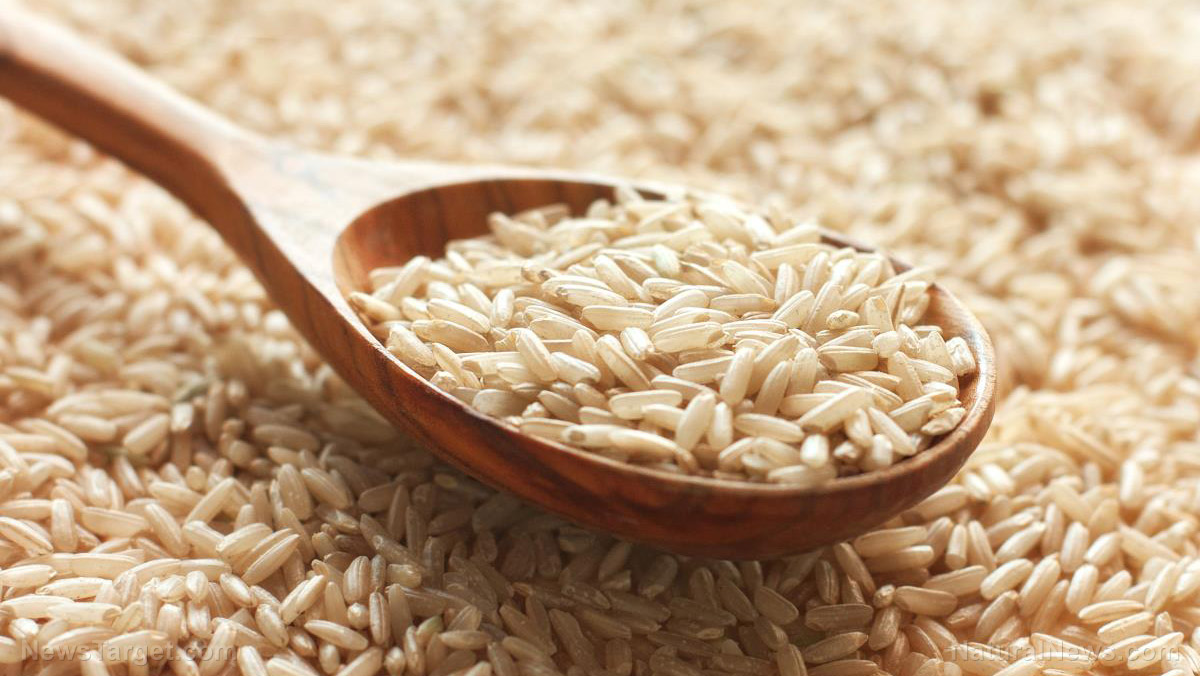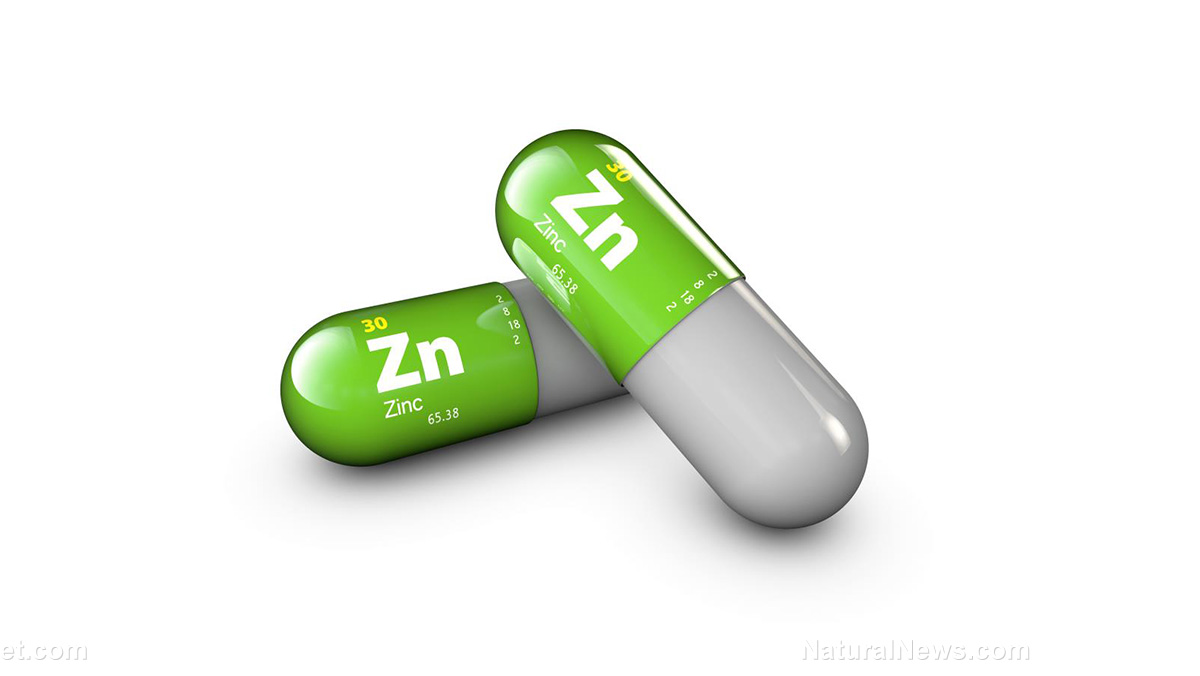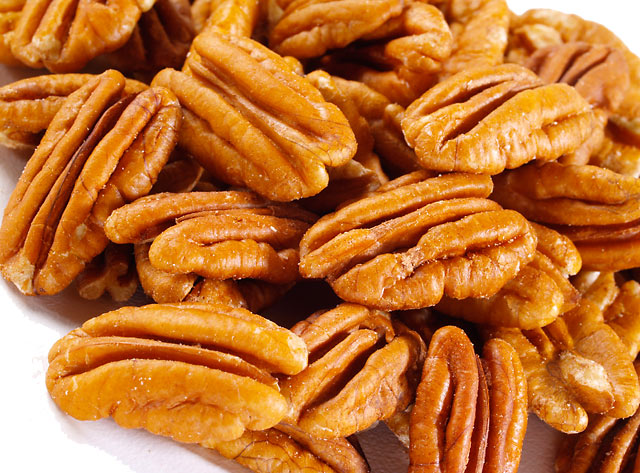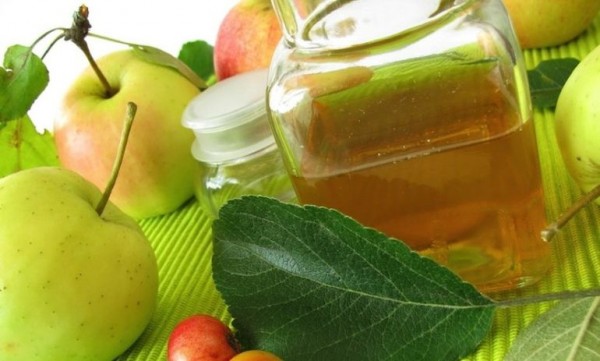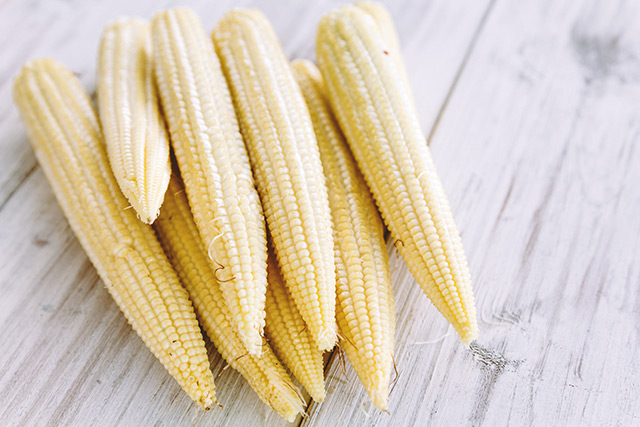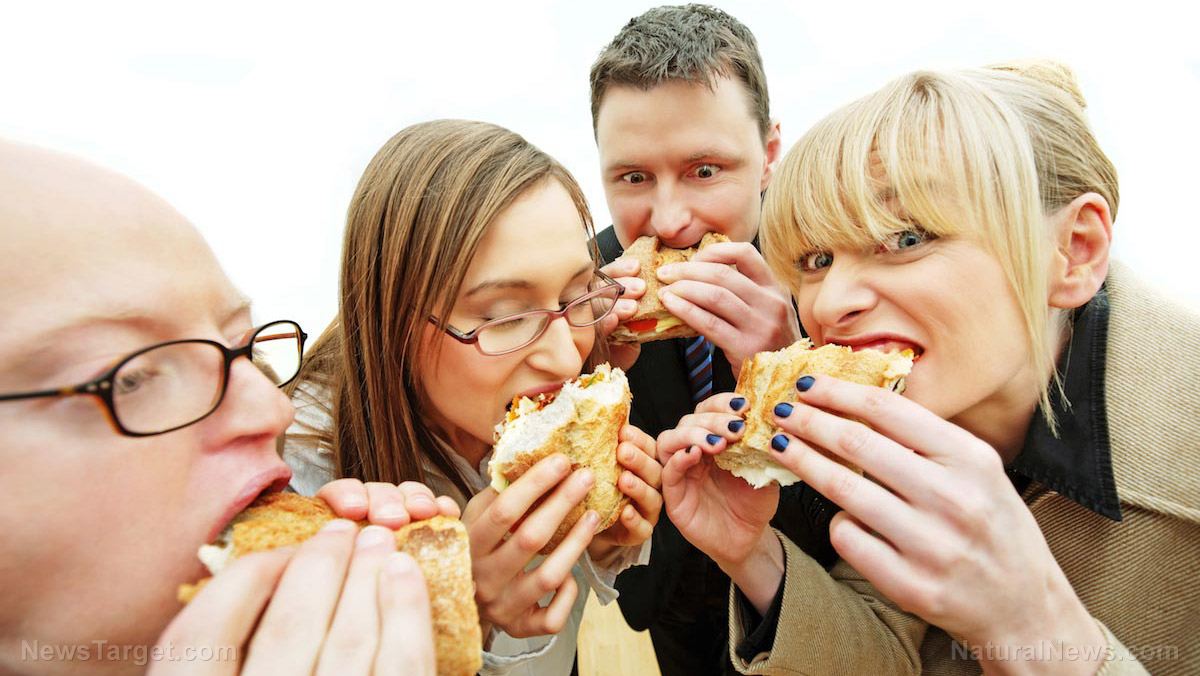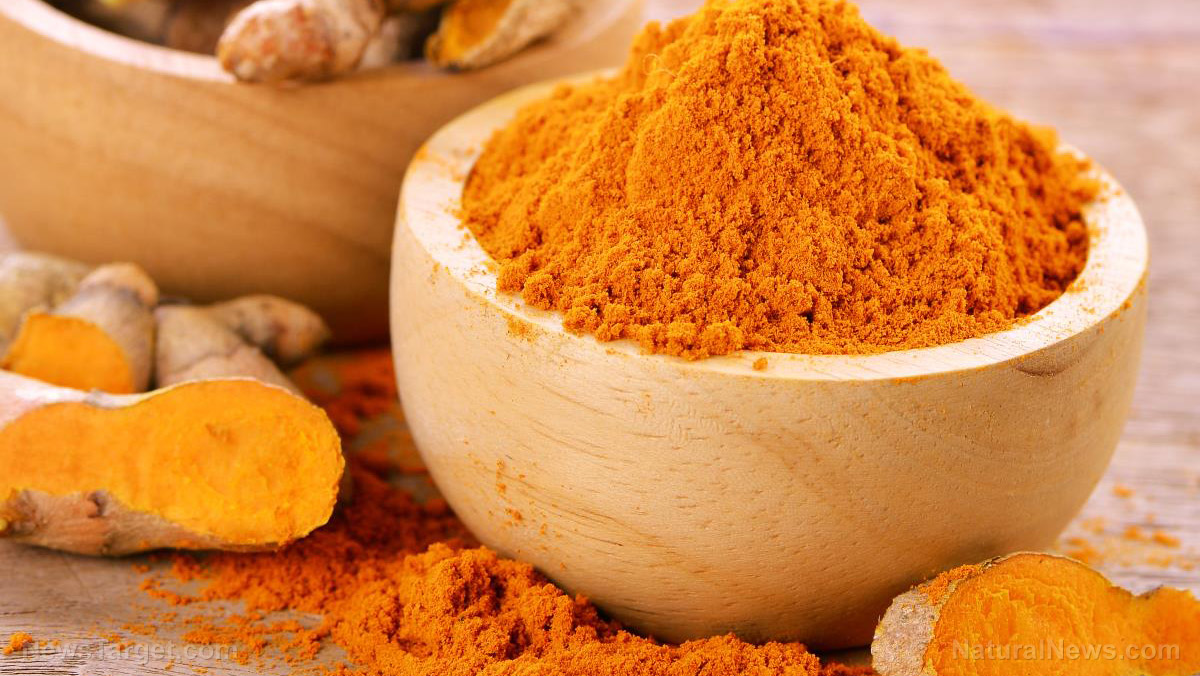At least one in eight people older than 65 in the U.S. has Alzheimer’s disease, the most common form of dementia. However, according to a study, a group of scientists has formulated a “hybrid diet” that can help prevent cognitive decline.
According to their findings, the MIND (Mediterranean-DASH Diet Intervention for Neurodegenerative Delay) diet, which combines the Mediterranean diet with the low-fat Dietary Approaches to Stop Hypertension (DASH) diet, can help maintain “at-risk people’s thinking, reasoning, and memories.”
For this hybrid diet, individuals must eat nine types of foods or drinks regularly such as vegetables and berries. Dieters can even have a glass of wine, along with limited intake of “sweets and pastries.” (Related: 7 Foods that Can Fight Alzheimer’s & Dementia Naturally.)
Stroke survivors who have experienced cognitive decline tried the MIND diet for at least 13 years, and “their risk of developing dementia” were greatly reduced. The researchers added that even the brains of healthier individuals can benefit from the hybrid diet.
Dr. Laurel Cherian, a study author from Rush University, says that they formulated the MIND diet to “emphasize foods that will not only lower our risk of heart attacks and stroke, but make our brains as resilient as possible to cognitive decline.”
How the study was accomplished
For the study, the scientists observed 106 individuals who took part in the Rush Memory and Aging Project. The participants “suffered a stroke and subsequent cognitive decline, including a reduced ability to think, reason, or remember” between 2004 and 2017.
The participants’ eating habits were assessed each year of the trial through food journals, and they were grouped by how strictly they followed the MIND diet.
This hybrid diet incorporated features of the DASH diet, which is advocated by the National Heart, Lung, and Blood Institute to avoid and curb the symptoms of hypertension. It encourages eating lots of “fruits, vegetables, nuts, lean meat, whole grains, and fish.”
Participants who closely adhered to the MIND diet had “significantly slower rates of cognitive decline” and this occurred “regardless of their education or activity levels.”
Dr. Cherian shares that while both the Mediterranean and DASH diets are “protective against coronary artery disease and stroke,” the nutrients included in the MIND diet “may be better suited to overall brain health and preserving cognition.” Earlier research has isolated a connection among nutrients like “folate, vitamin E, and omega-3 fatty acids,” which helped reduce cognitive decline. Meanwhile, unhealthy fats are linked to dementia.
Dr. Cherian notes that the MIND diet can help “supercharge the nutritional content” of the food we consume. She reveals that their goal was to highlight foods that can lower the risk for heart attacks and stroke while also improving mental resilience in the face of cognitive decline.
She said, “Our study suggests that if we choose the right foods, we may be able to protect stroke survivors from cognitive decline.” Dr. Cherian et al. wish to recreate the experiment with a larger trial, and Dr. Cherian concluded, “For now, I think there is enough information to encourage stroke patients to view food as an important tool to optimize their brain health.”
The MIND diet
If you wish to try the MIND diet, pay attention to its 14 components, nine of which are brain-healthy with five being treats.
- At least three servings of whole grains daily
- At least one green leafy vegetable daily
- One other vegetable daily
- A glass of wine daily
- Nuts as a snack on most days
- Beans twice weekly
- Berries twice weekly
- Fish once weekly
- Poultry twice weekly
Minimize your intake of:
- Butter — Less than one-and-a-half teaspoons daily
- Sweets and pastries — Less than five servings weekly
- Full-fat cheese — One serving weekly
- Fried or fast food — One serving weekly
Fast facts on dementia
- Dementia is a general term for “a decline in mental ability severe enough to interfere with daily life.”
- Dementia is not one specific disease, it’s a catchall term for various symptoms.
- Alzheimer’s disease makes up a whopping 60 to 80 percent of cases.
- Vascular dementia (occurs after a stroke), is the second most common type of dementia.
- Dementia is often called “senility” or “senile dementia.” However, this only spreads the false belief that serious mental decline is “a normal part of aging.”
- Symptoms of dementia may vary greatly, but two of these must be severely impaired to be considered dementia: the ability to focus and pay attention, communication and language, memory, reasoning and judgment, and visual perception.
- Dementia is caused by damage to brain cells.
You can read more articles about how to prevent cognitive decline at Prevention.news.
Sources include:
DailyMail.co.uk
ALZ.org


